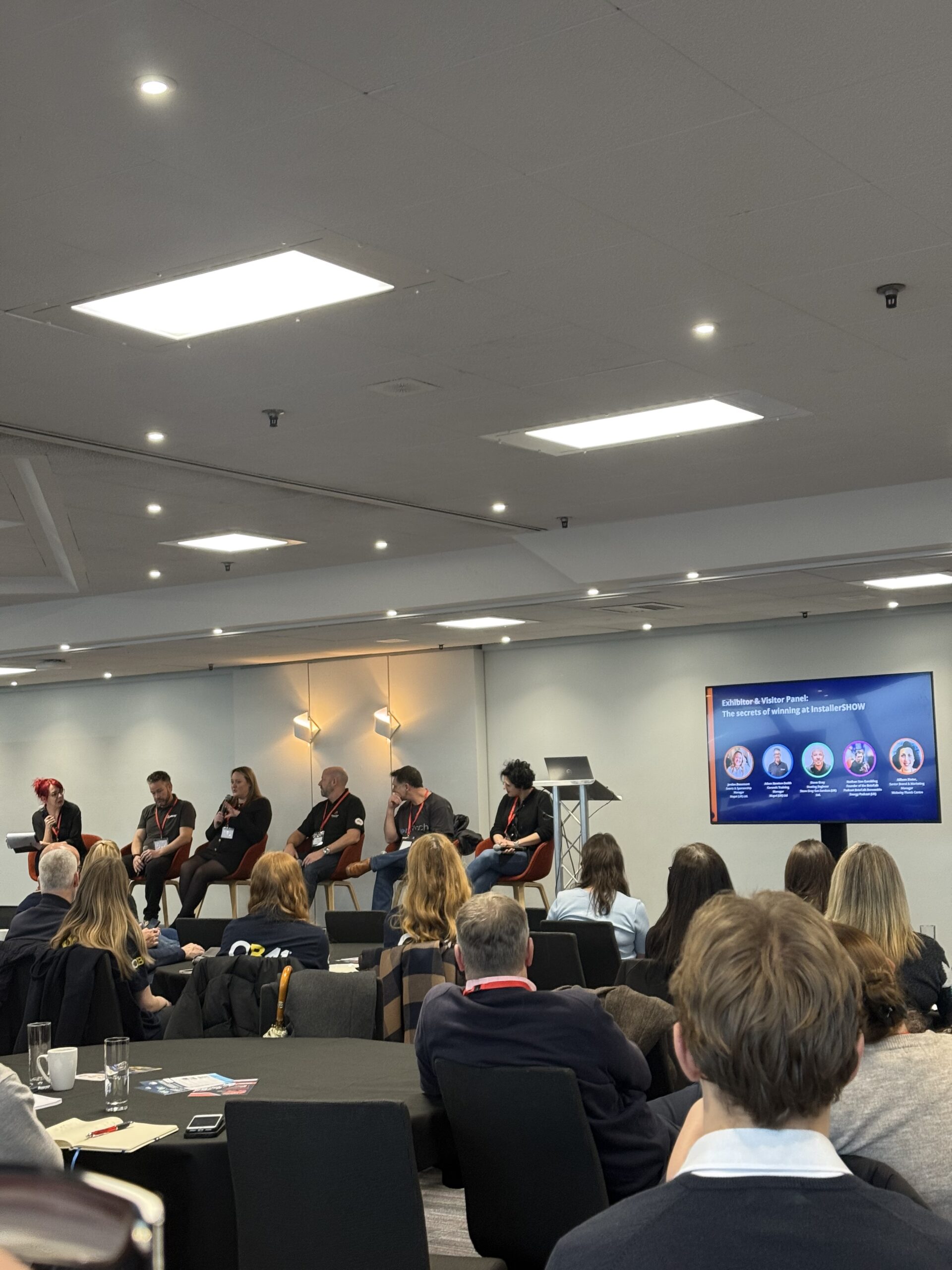We ventured to Liverpool and MerseySearch this week to hear about the evolving role of AI in SEO, PR, media, and content creation. Here’s an insight into the region’s take on the state of search optimisation.
Why AI matters for PR and marketing professionals
AI is a hot topic at the moment, and rightly so. It’s impacting search behaviour and the way we work. Understanding what it means for us as an agency, the PR and marketing industries, and consumers, B2B customers, and our clients is important.
What is generative information retrieval (GIR)?
The event started with a keynote talk from Dawn Anderson on the topic of Generative Information Retrieval (GIR). Put simply, GIR is how we search and optimise for LLM AI platforms rather than traditional search engines like Google or Bing. Dawn suggests there’s now a seismic move away from the traditional search model of indexing and ranking pages, towards AI-driven systems that generate direct answers.

AI summaries in search are changing content discovery
Google now has integrated AI summaries, which produce direct answers without needing to click through to a website. Many brands and businesses have seen traffic to their websites fall as a result. This also has major implications for how people discover content and, therefore, how we approach content marketing. Instead of simply driving users to a page, search engines are now trying to solve their query on the spot, meaning visibility strategies need to evolve, and fast.
How accurate is AI in search?
One of the most pressing concerns of the latest Google advancement is accuracy. Large language models (LLMs) can be dangerously confident in their misinformation, often hallucinating facts or misattributing sources. Yet, as AI becomes more embedded in search, with tools like Google’s Gemini, it’s clear this isn’t a passing trend.
Why content marketing and SEO still matter
The good news? Content marketing and SEO aren’t dead. Marketers have a crucial role to play. Our ability to create structured, contextual, and trustworthy content is what will help these systems deliver reliable results.
How to optimise content for AI-driven search
Creating great context is just good SEO. Here’s a list of what should be considered:
- Relatedness
- Shema
- Semantic headings
- Remove ambiguity
- Consistency in clustering
- Clear topic clustering
Looking ahead, digital marketers and SEOs need to focus on consistency, schema implementation, and keeping content fresh. The technical foundations are more important than ever. It’s also time to stop debating old-school issues like 301 vs 302 redirects and start preparing for how AI agents interact with content. If search is being rebuilt from the ground up, our role is to ensure the ground it’s built on is solid, accessible, and genuinely useful.
Panel discussion insights on AI from digital marketing professionals
After an interesting keynote talk from Dawn Anderson, there was a panel discussion from a mixture of digital marketing professionals from Liverpool and the surrounding areas, including technical SEOs, digital PRs, copywriters, and digital marketers.
The industry experts shared candid insights into how AI is shaping their work. While tools like ChatGPT are helping some with small tasks behind the scenes, there’s growing unease around quality, trust, and ethical use. From client expectations to long-term industry shifts, the conversation highlighted the importance of using AI with care, transparency, and a strong human touch. Here’s a summary of the key takeaways.

Current uses of AI in marketing and content creation
- Many panellists use AI (mainly ChatGPT) for internal productivity, such as ideation, grammar checks, and writing subject lines, but not for their core content creation.
- There’s scepticism around generative AI’s quality, so human oversight remains essential.
Trust and quality concerns around AI-generated content
- AI-generated content is not yet reliable; hallucinations and low factual accuracy are common.
- This impacts trust, particularly in journalism and PR, where credibility is critical.
- Concerns that AI might dilute quality and flood the web with mediocre or misleading content.
Ethical considerations and client attitudes towards AI
- Some teams avoid AI due to ethical concerns or because clients value originality. Most don’t foresee an immediate change in this.
- AI-generated content is sometimes edited or rewritten, but there’s a tension between efficiency and authenticity.
- A few noted that clients are unknowingly using AI tools to edit or alter agency work, creating misunderstandings. This has meant agencies have been employed to undo poor work.
The wider impact of AI on digital marketing and PR
- Search behaviour is changing. AI-generated search answers may undermine traditional search engines and content strategies. Marketers must move with the times.
- Media trust may erode if readers can’t distinguish AI content from real journalism. We all have a role in dispelling misinformation.
- Some fear AI personalisation compromises privacy, and most users don’t understand how their data is used by big tech companies.
Long-term implications of artificial intelligence in marketing
- The panel emphasised a need to balance automation with creativity. People working in the industry still want fulfilling, creative work.
- There’s a growing need to educate both clients and the public on AI’s limitations and ethical use.
- Environmental costs of AI are mentioned but seen as secondary to broader ethical and quality issues for now.
Future challenges facing AI and the marketing industry
- Maintaining journalistic and PR integrity amid widespread AI use.
- Preventing misinformation, especially as AI-generated content scales.
- Clarifying authorship and content value when AI assists in its creation.
- Keeping human creativity central while leveraging AI smartly.
AI in marketing must be guided by values
It’s clear that our industry must adapt without losing sight of its core values. For PR and marketing agencies like ours, the challenge is not just keeping pace with the technology, but guiding clients through its ethical and strategic use.
With search evolving towards AI-generated answers and consumer trust under pressure, high-quality content rooted in transparency has never been more important. At the heart of it all, the human touch remains our strongest asset in an AI-driven world.
This isn’t the last you will hear from us on this topic. Stay tuned to our blog for more posts on AI in marketing and how marketing managers can take a strategic approach to the challenges they face.
 " />
" />



